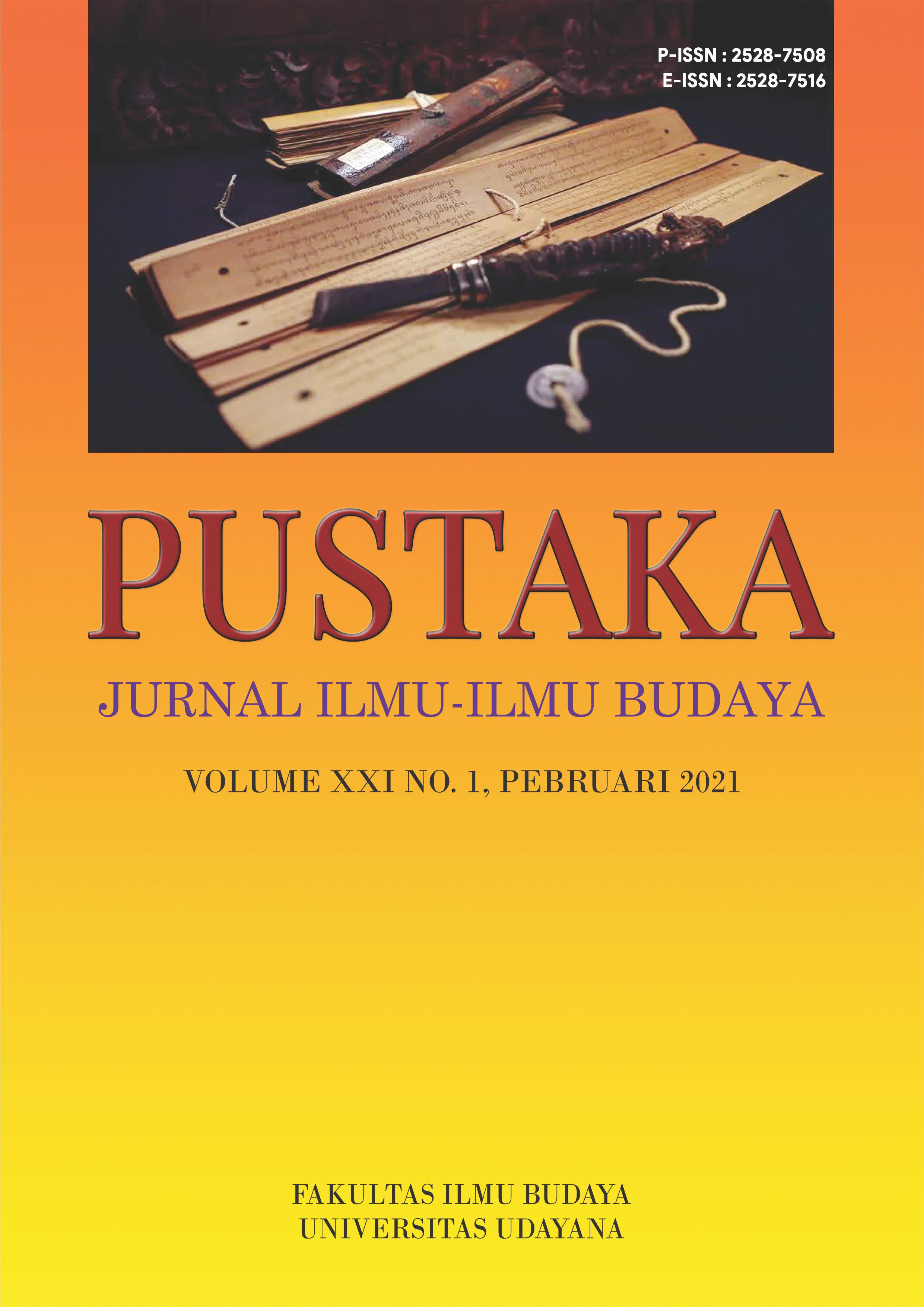Bentuk dan Faktor Penyebab Hikikomori dalam Anime “Nhk Ni Youkoso!”
Abstract
Hikikomori is one of the most common social problems in Japan. This research's object is the anime series NHK ni Youkoso !, with 24 episodes, which premiered from July to December 2006. The author uses the observation method of note-taking techniques to collect data, and the data analysis is written descriptively. The results of this study contained 11 forms of Hikikomori behaviour in the anime that the author studied, namely: hikikomori perpetrators confined themselves for more than six months, refused to interact with other people, refused to go to school, refused to leave the room, experienced hallucinations, experienced insomnia, professional setbacks, have thoughts of persecution, have feelings of depression, desire death and suicidal thoughts, and are addicted to alcohol. Meanwhile, the factors causing hikikomori behaviour are amae and the inability to accept intervention from others.
Downloads
References
Davies Roger J. dan Osamu Ikeno. 2002. The Japanese Mind: Understanding Contemporary Japanese Culture. ed.Tokyo: Tuttle publishing
Janti, Ilma Sawindra. 2006. Gejala Hikikomori pada Masyarakat Jepang Dewasa ini. Depok: Manabu Institute.
J. Dziensinski, Michael. 2003. Hikikomori: Investigation into the Phenomenon of Acute Social Withdrawal in Contemporary Japan. Honolulu: University of Hawaii.
Tamaki, Saito. 2013. Hikikomori: Adolescence without End. Minneapolis: University of Minnesota Press.










